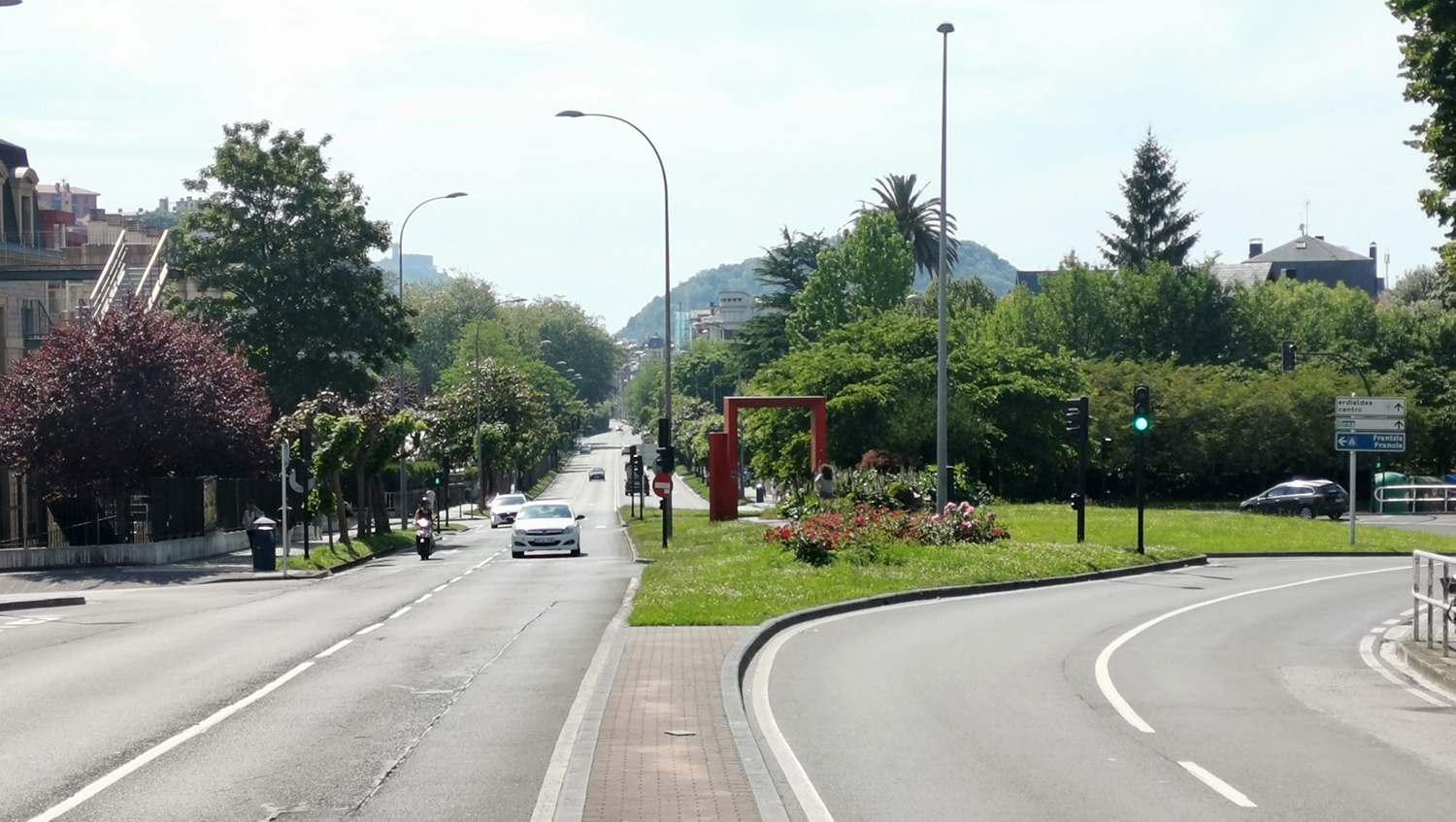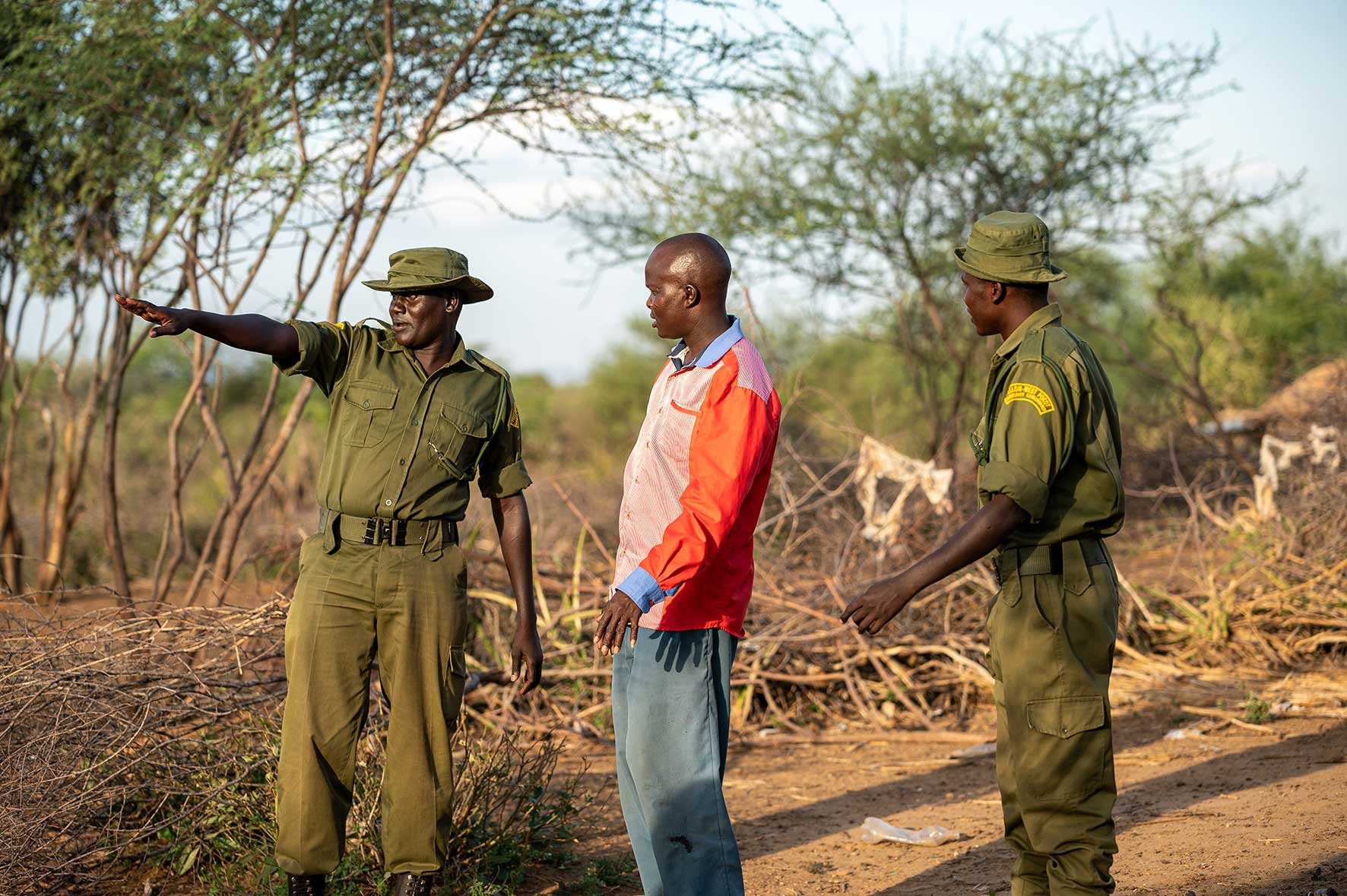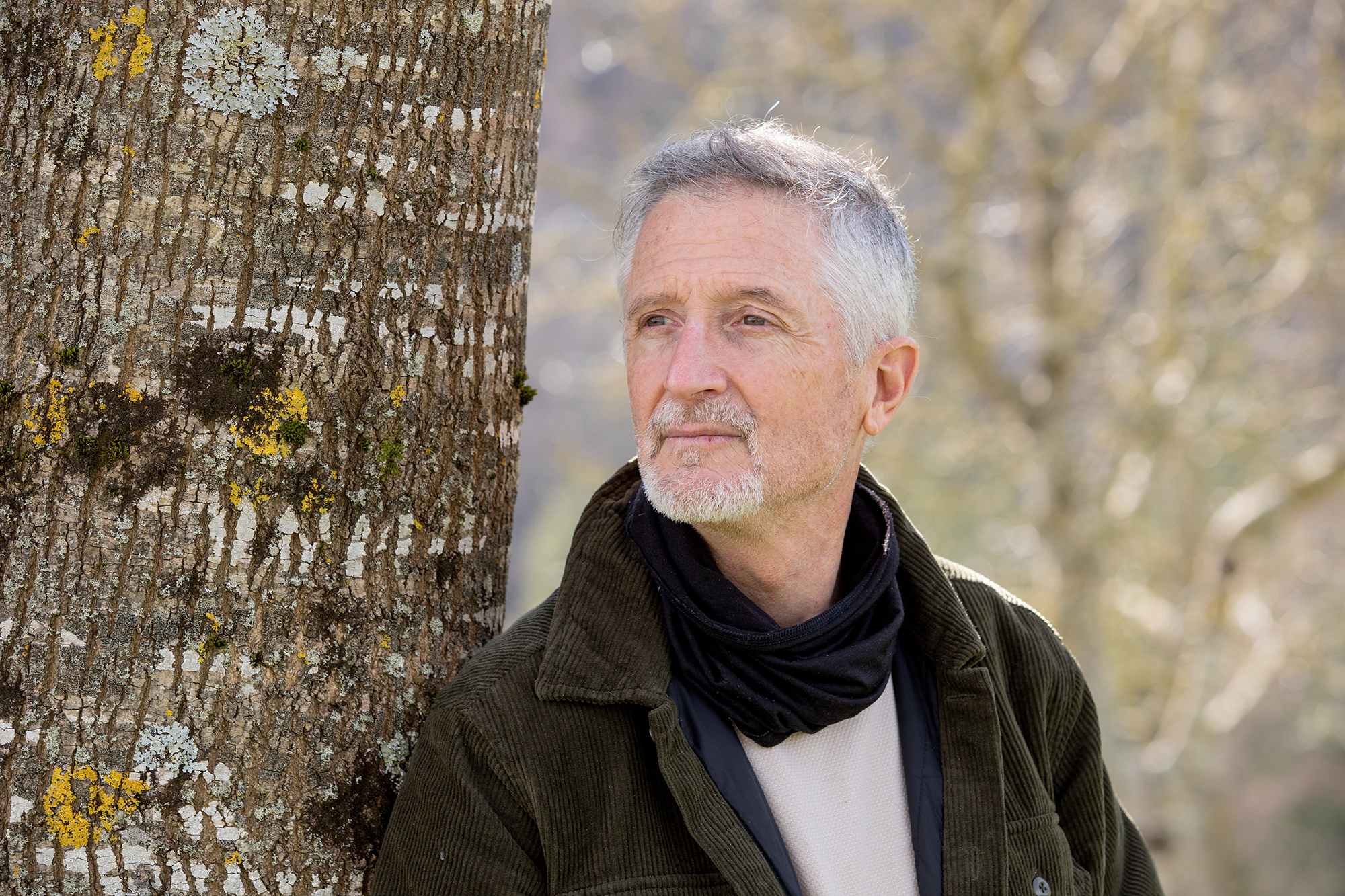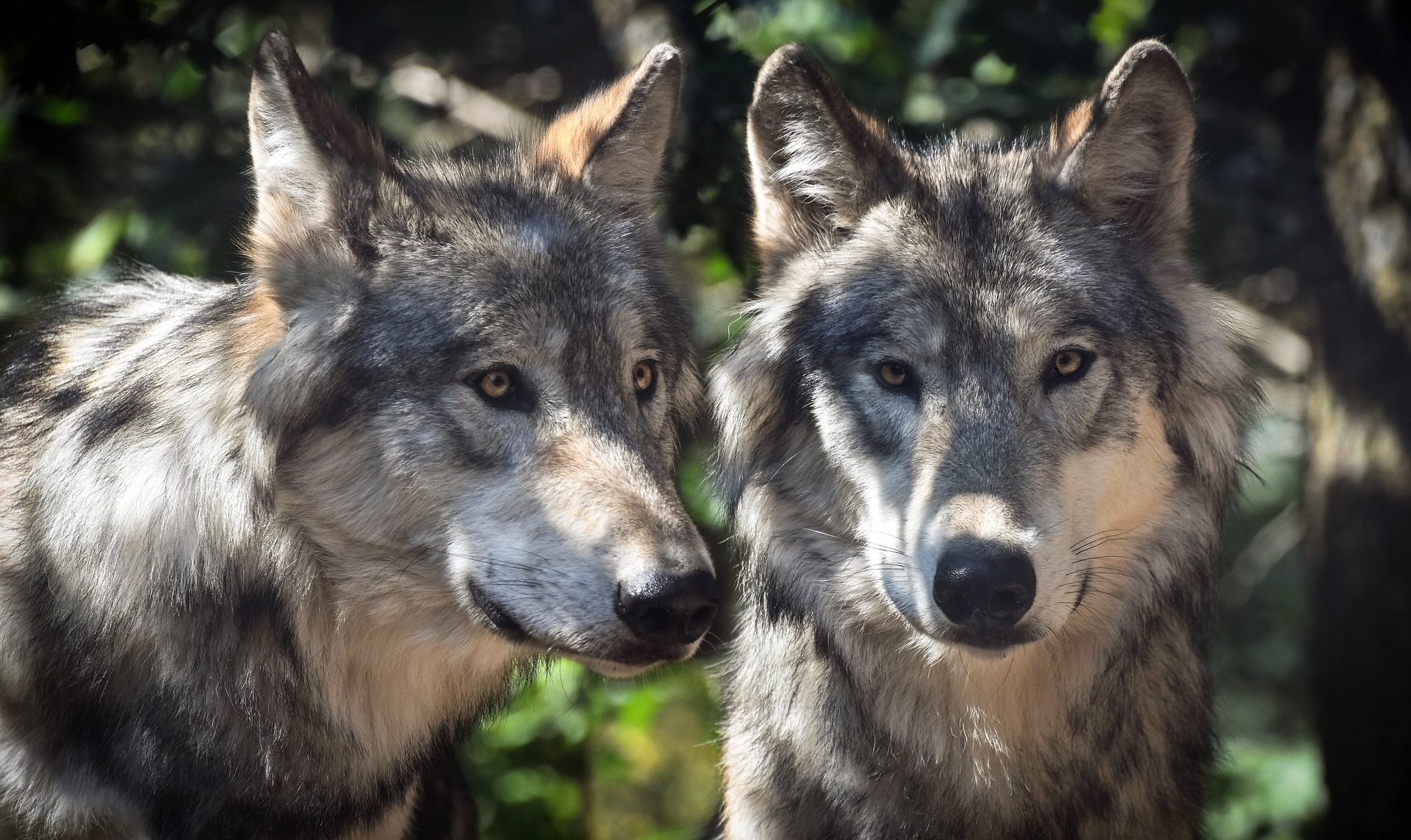"An ice-free summer in the Arctic will make it difficult to achieve the objectives of the Paris Climate Agreement"
- BC3, researchers from the Basque centre that analyzes climate change, estimates that the fusion of all the Arctic ice during the summer, a phenomenon that is planned for the middle of the century, will make it more difficult than international agreements against climate change are supposed to be. Mikel González-Eguino and Sérgio Henrique Faria have explained why they participated in the study.

“Our research has put the problem of climate change in serious straits, because we are seeing that there is not so much time”
In 2013, they decided to look at the Arctic to do the research. Why is it so important that what happens there in the evolution of climate change?
Mikel González-Eguino: At that time, we knew that in 2012, the Arctic sea ice suffered a tremendous recession in summer, something unexpected. This caused an alarm to the scientists. We feel the need to start the research because the events of the Arctic affect the climate of the entire planet, and not just the habitats of white bears, etc.
Mr Henrique Faria: It has been said that the melting of the Arctic in summer would bring a number of advantages: new roads for boats, the possibility of exploiting submarine resources… But what global consequences the melting will have. More specifically, what will happen to albedo?
What is albedo?
SHF: Ability to reproject radiation from the sun into space. And ice is the one that has the most capacity. If it melts, the Earth absorbs more energy, resulting in warming. Warming, on the contrary, increases fusion. Processes that feed back and accelerate.
MGE: As the ice loses, there's more chance it's lost faster. The international group of scientists analysing climate change, the IPCC, has announced that the first ice-free summer in the Arctic will be held between 2040 and 2060. They used to believe that this was not going to happen until the end of the century, but data from recent years have shown that the process is going to be much faster. I decided to compare this data with the work I was doing myself, to know how reducing the Arctic albedo would affect climate change mitigation efforts.
You just published the results of the study. The main conclusion is that these efforts, currently envisaged in the Paris Climate Agreement, will be even larger than is believed.
MGE: Yes. The main message of our article is that maintaining the trend and the ice-free summer in the Arctic within a few decades will have a major impact on reducing greenhouse gas emissions. The time for zero emissions should be brought forward between five and fifteen years to achieve the main objective of the Paris Agreement: that the overall temperature increase should not exceed two degrees. And the money that will have to be spent to mitigate the effects of climate change can increase by 20 to 60%.
.jpg)
In a way, the conclusions of your research work have a “political” character.
MGE: In the studies I've participated in, this is what has the most important consequences. What we are saying is disturbing and we have to know.
SHF: This study gives more gravity to the problem. I didn't expect the result to be so hard. The discourse has always been “there is still time”. Well, we're seeing that there's not that much time.
MGE: We do not ask for a greater effort directly from politicians, but we have to report that, according to the conclusions of our investigation, the achievement of the objectives of the Paris Agreement is not going to be so easy. I mentioned the objective of keeping global warming below two degrees, but furthermore the Convention says that as far as possible we must try to ensure that the temperature does not exceed 1.5 °C. Our conclusions are clear: this can no longer be achieved without negative emissions. That is, by removing carbon dioxide from the atmosphere.
How?
MGE: The only ways that exist today are mass reforestation -- the planting of trees to absorb carbon dioxide -- carbon capture and storage technology, which we still don't know how much it's going to cost us, because there are no plants to do it in the world; and geoengineering, a dangerous pathway as it transforms the geology of the planet.
The three avenues have been heavily criticised for the consequences they may have, and many have wondered whether they would actually work.
MGE: That's right. In any case, these would be measures that do not exceed the 1.5 degree limit. The important thing is that the two degrees are not exceeded, for which the reduction of emissions should start quickly.
Knowing all this, what do you think of the pace of the climate summits and the diplomatic efforts of each year?
MGE: To begin with, it must be borne in mind that the last summit, that of Marrakech, came just at the time when Donald Trump was elected president, which made it difficult for those present to negotiate properly. I believe that a lot of progress is being made in many areas, and that must be acknowledged, but we cannot reduce emissions, and that is one of the keys. The problem is moving much faster than the answers, and that trend will have to be changed once and for all. Political will is needed, and not only that, but also citizen support.
SHF: In any case, we are optimistic. We are slow but in the end we will find solutions, even if at first they are not the ones we would like. It would have been better not to have arrived at this situation, but once it has arrived, what? It will be more expensive, but we will find a solution.
Erregistroak daudenetik –erabat fidatzeko moduko lehenengoak 70eko hamarkadakoak dira– ez da egon orain bezain izotz gutxiko negurik Artikoan. “2012an udako galera handiagoa izan zen”, azaldu digu Sérgio Henrique Fariak, “eta udako erregistrorik baxuena ordukoa da oraindik, baina hein handi batean izotza eskualde beroagoetara eraman zuen ekaitz baten ondorioz gertatu zen hura”.
Aurten, berriz, udako atzeraldia ez da hain handia izan, baina neguko berreskuratzea inoizko motelena izaten ari da. “Ezohikoa da eta zergatia ez dugu argi. Beharbada beroketa globala bera ari da eragozten izotza bueltatzea. Seguru dakiguna da horrek zerikusia duela Europan jasaten ari garen klima gertakari muturrekoekin: hotz handiegia, ekaitzak...”.
Antonio Turiel fisikari eta CSICeko ikerlariak aspaldiko urteetan ez bezala bete zuen Hernaniko Florida auzoko San Jose Langilearen eliza asteazkenean. Zientoka lagun elkartu ziren Urumeako Mendiak Bizirik taldeak antolatuta Trantsizio energetikoaren mugak izeneko bere hitzaldia... [+]
Klima aldaketaren eraginez, munduko lurralde gero eta gehiago idortzen ari dira, milioika pertsonaren jarduera eta bizimoduak kolokan ezarririk. Fenomeno horren frontean dago India erdialdeko Maharashtra estatua, non klimaren berotzeari eta lehortzeari metatu zaizkien oihan... [+]
Today’s Venice is built on an archipelago of 118 islands. These islands are connected by 455 bridges. The city is based on mud rather than Lura. Millions of trees in the area were cut down from the 9th century onwards to build piles and cement the city. Years have passed and... [+]
Lurrak guri zuhaitzak eman, eta guk lurrari egurra. Egungo bizimoldea bideraezina dela ikusita, Suitzako Alderdi Berdearen gazte adarrak galdeketara deitu ditu herritarrak, “garapen” ekonomikoa planetaren mugen gainetik jarri ala ez erabakitzeko. Izan ere, mundu... [+]
Eskola inguruko natur guneak aztertu dituzte Hernaniko Lehen Hezkuntzako bost ikastetxeetako ikasleek. Helburua, bikoitza: klima larrialdiari aurre egiteko eremu horiek identifikatu eta kontserbatzea batetik, eta hezkuntzarako erabiltzea, bestetik. Eskola bakoitzak natur eremu... [+]
Agintari gutxik aitortzen dute publikoki, disimulurik eta konplexurik gabe, multinazional kutsatzaileen alde daudela. Nahiago izaten dute enpresa horien aurpegi berdea babestu, “planetaren alde” lan egiten ari direla harro azpimarratu, eta kutsadura eta marroiz... [+]
Biologian doktorea, CESIC Zientzia Ikerketen Kontseilu Nagusiko ikerlaria eta Madrilgo Rey Juan Carlos unibertsitateko irakaslea, Fernando Valladares (Mar del Plata, 1965) klima aldaketa eta ingurumen gaietan Espainiako Estatuko ahots kritiko ezagunenetako bat da. Urteak... [+]
Nola azaldu 10-12 urteko ikasleei bioaniztasunaren galerak eta klima aldaketaren ondorioek duten larritasuna, “ez dago ezer egiterik” ideia alboratu eta planetaren alde elkarrekin zer egin dezakegun gogoetatzeko? Fernando Valladares biologoak hainbat gako eman dizkie... [+]
Eskoziako Lur Garaietara otsoak itzularazteak basoak bere onera ekartzen lagunduko lukeela adierazi dute Leeds unibertsitateko ikertzaileek.. Horrek, era berean, klima-larrialdiari aurre egiteko balioko lukeela baieztatu dute, basoek atmosferako karbono-dioxidoa xurgatuko... [+]






















_Glaciar.png)